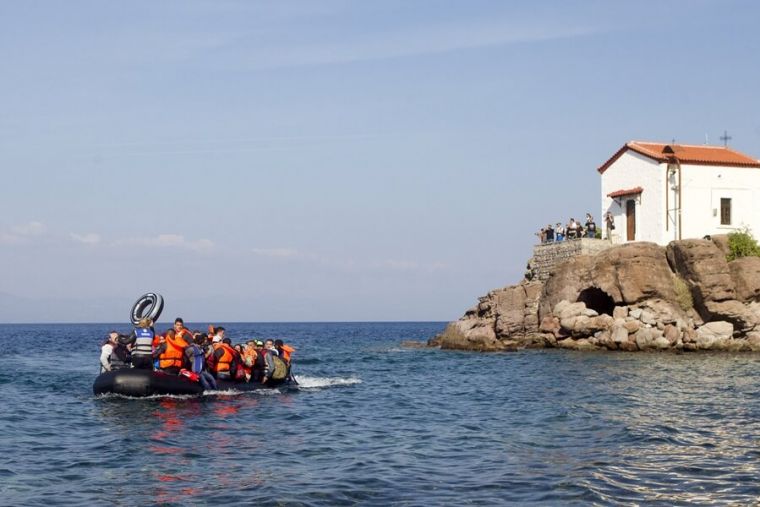Churches push for Europe-wide 'humanitarian visas' for refugees
Protestant churches in Italy have pushed for "humanitarian visas" to be issued fto migrants across Europe.
The Federation of Protestant Churches in Italy have spent the last three years working with refugees and migrants entering the country from north Africa and the Middle East. They have been responsible for the introduction of "humanitarian visas" which act as temporary measure to allow a migrant to stay in the country and receive aid while applying for asylum.

"After one year of hard work, we realised that the number of those who still died in the Mediterranean was unbearable for our conscience - 3,000 in the last year, we estimate - and that we had to do more in a practical and realistic way," said Dr Paolo Naso who is a coordinator for the programme.
"We decided to press our government to implement the issue of 'humanitarian visas' for vulnerable people," he said.
The churches were successful in their lobbying and now, when immigrants arrive in Italy, they are received and accommodated for about one year in facilities run by the Federation of Protestant Churches and the Community of Sant'Egidio. In the meantime, they apply for asylum, learn Italian, attend vocational training when necessary and start the process of integration into Italy.
The federation are now campaigning for other churches in Europe to adopt a similar approach. If they adopt the same language, the "humanitarian channels" for migrants will be multiplied, Naso explained.
"Churches can do more in this regard since they have the moral authority to intervene in the public debate because of their vision, witness and actions," he said. "We don't intend the corridors as an exclusive way but as a practical possibility to press the national governments and institutions to act responsibly."
The Churches' Commission for Migrants in Europe has supported the call while praising the Italian church for their ongoing campaign.
"They were the first to alert the rest of Europe to the difficult situation, and to the deaths at sea," said Doris Peschke, general secretary of the group.
"They have sought very early to develop alternatives, and we have been working together on identifying what can be done to work with people.
"Therefore we are calling for 'Safe Passages to and through Europe', and the humanitarian visas are one of the instruments available to governments to make entry to Europe possible and reduce deaths at sea."











